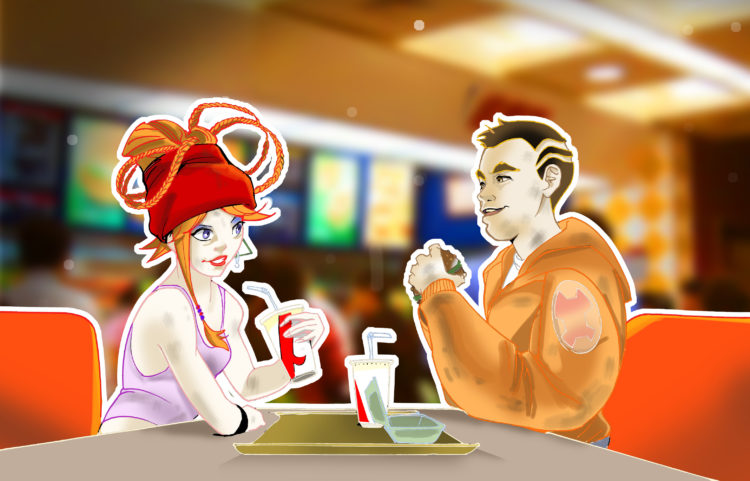
Poverty Is Not a Game
An educational/serious game about the experience of being/becoming poor.
‘PING’ or ‘Poverty is not a game’ was developed by Belgian multimedia company GriN specifically for high schools in the framework of the European Year for Combating Poverty and Social Exclusion.
A serious game in 3D, PING shows teenagers first hand what it is like to live on the edge of poverty. Players have to look for work and shelter, apply for benefits while taking care of their health and social life in order to escape the clutches of poverty. Players define the storyline themselves on the basis of the choices they make within the game.
The game is set in a city with seven neighbourhoods and is similar to, e.g., The Sims in its format.
PING FACTS
- Client: King Baudouin Foundation & IBBT
- URL: www.povertyisnotagame.com
- Genre: an interactive simulation game in 3D
- Objective: build awareness around poverty
- Target group: high school students (14-16 years)
- Launch: 20 October 2010
- Availability: on CD-ROM or online embedded in a browser, in 5 languages
- Software platform: Unity 3D
A GAME ENGINE WITH PERSPECTIVE
The GriN team took charge of PING’s entire trajectory from research to concept, scenario and finishing. GriN employed a modular game engine for this project which offers a wealth of future possibilities for the development of other adventure and serious games.
GriN’s modular system offers:The cornerstones of this modular system are:
GriN’s MODULAR SYSTEM OFFERS:
- User-friendly input in several languages
- Scenario-based game play
- Intuitive point-and-click navigation
- Optimised download management for 3D environments
- Platform independent (PC, Mac, iPhone, Android,…)